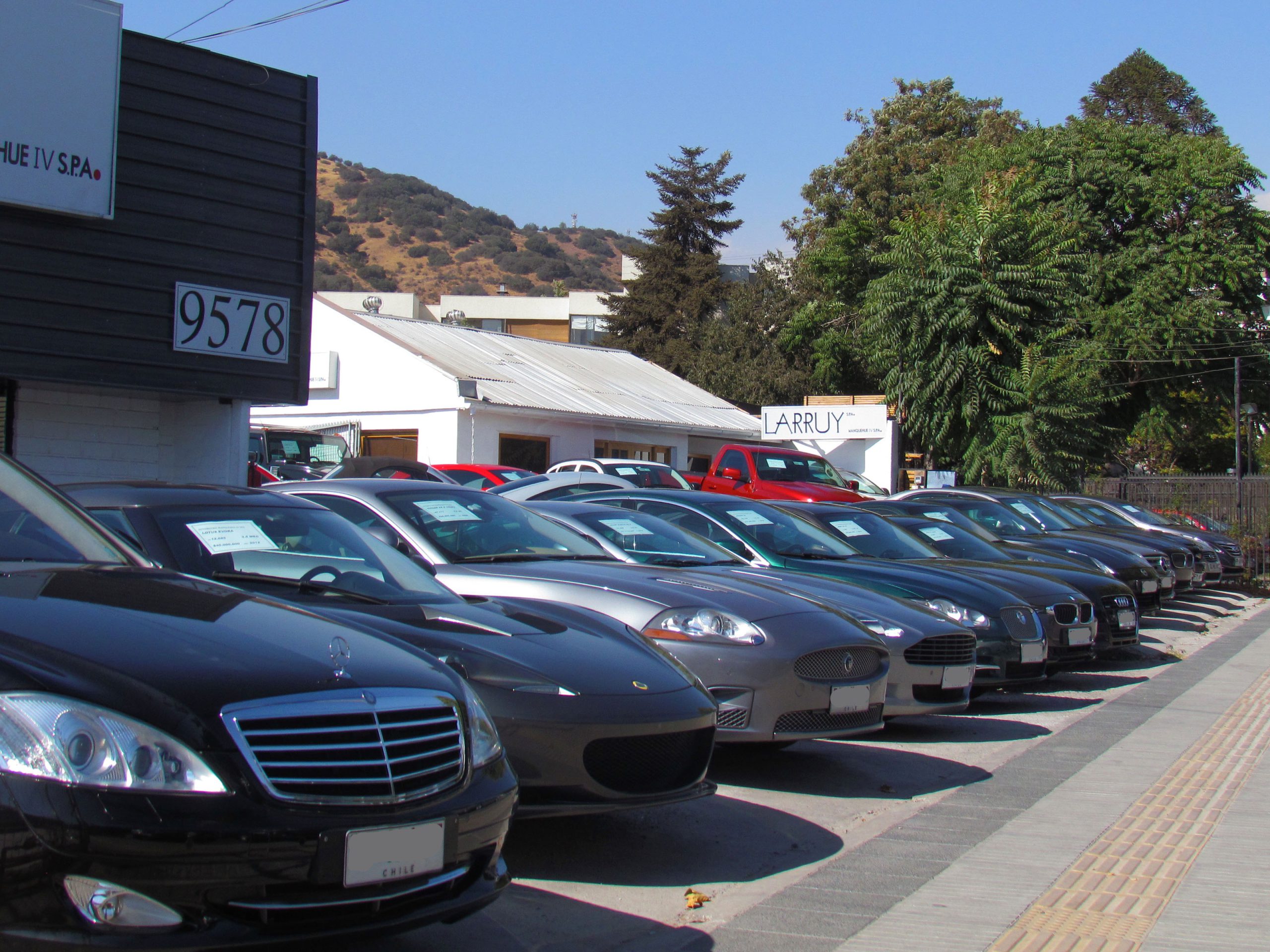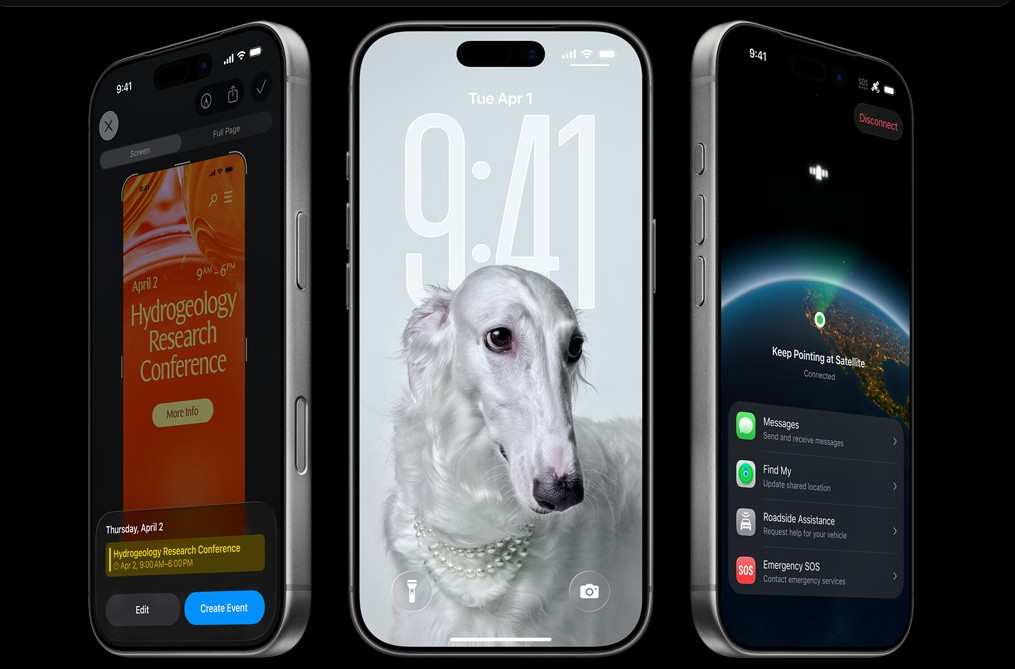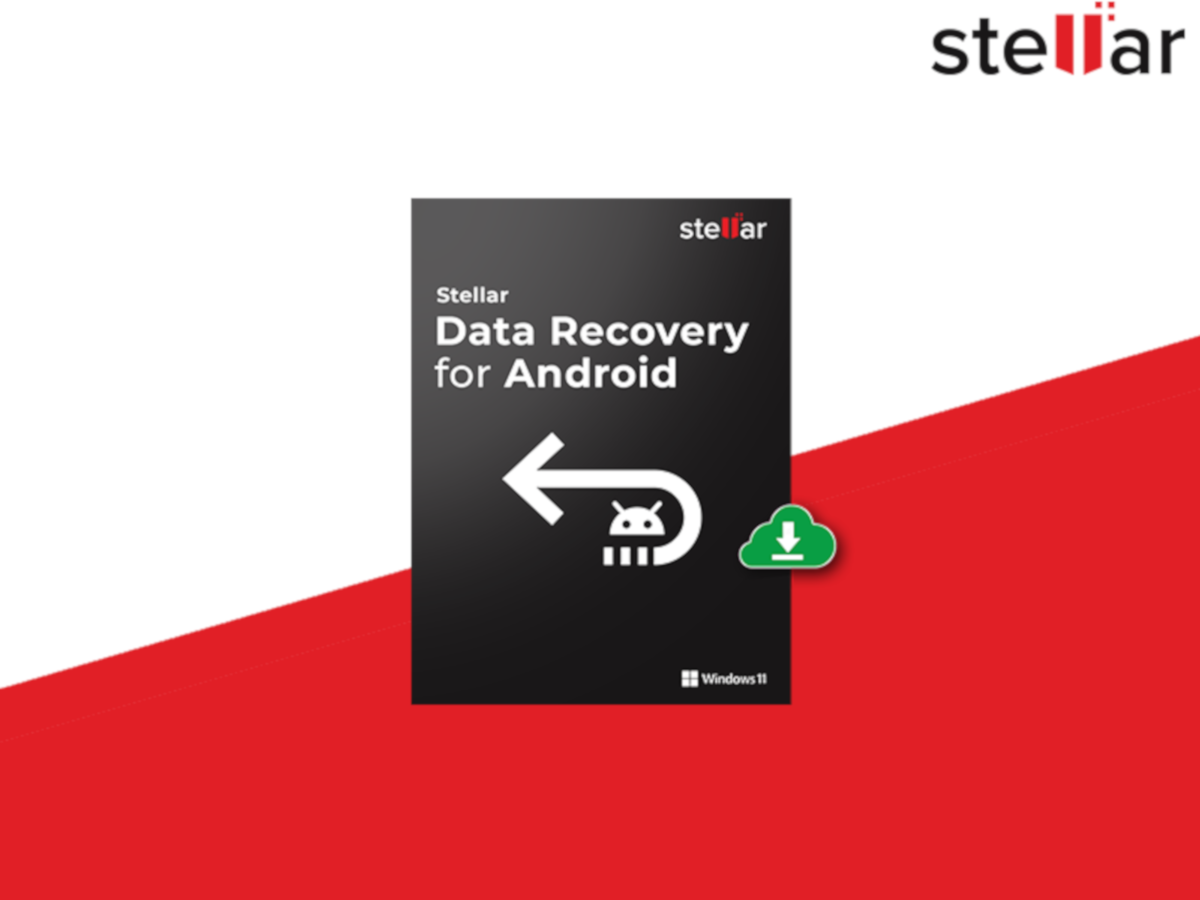Seven-year car loans now account for 22.4% of all new vehicle financing — a record that signals just how broken car affordability has become. Monthly payments hitting $1,000 shouldn’t be normal, yet that Honda Accord in your driveway now costs as much as luxury cars did five years ago. When financing a basic sedan requires the same commitment as a graduate degree, something fundamental has shifted in American car culture.
Your Dream Car Now Costs More Than Your First House Payment
The numbers reveal a brutal story. Average new car prices hover near $50,000, with electric vehicles commanding roughly $56,910 according to Edmunds. That’s not Tesla territory anymore — that’s the cost of a base-model Chevy Bolt or Nissan Leaf. Your parents bought houses for less. This price explosion forces buyers into increasingly desperate financing gymnastics, stretching payments across 84 months just to keep monthly costs below rent money.
The Monthly Payment Trap Hides Massive Long-Term Costs
The math gets vicious when you crunch the real numbers. That $57,000 EV costs $67,960 over five years but $71,090 over seven years — a $3,130 penalty for spreading payments thin. Interest rates averaging 6.73% make these extended terms even more expensive. You’re essentially paying Netflix subscription money monthly to finance an extra two years of debt, except this subscription costs you three grand and keeps you underwater on the loan longer.
Electric Vehicles Amplify the Affordability Crisis
EV buyers face a particularly cruel irony. The cars positioned as the future of transportation require financing terms that trap you in the past. Nearly 70% of all auto loans now extend beyond five years, with EVs driving much of this trend. Factor in potential policy changes around tax credits and faster depreciation curves, and you’re looking at financial exposure that would make a crypto investor nervous.
Industry Experts Sound Alarm on Normalized Risk
“When one in five new-car buyers are taking on seven-year loans, it’s clear how many consumers are still financially stretched,” Jessica Caldwell from Edmunds told reporters. Greg McBride at Bankrate warns that extended terms create “more years of being upside-down — owing more than the car is worth.” Translation: You’re financially handcuffed to a depreciating asset longer than most Hollywood marriages last.
The solution isn’t pretty. Save bigger down payments, keep your current car longer, or accept that car ownership itself has become a luxury good. Welcome to the subscription economy, where even your wheels come with a monthly fee that outlasts your lease.





























